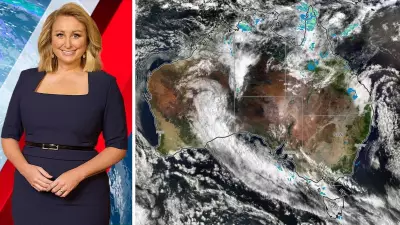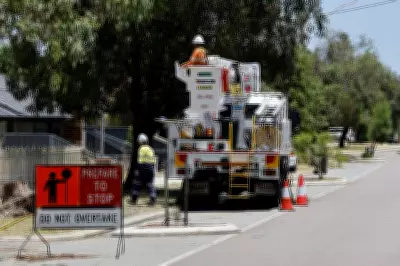
The National Press Club in Canberra is facing significant criticism for its decision to provide a platform to global coal lobby group Futurecoal this week, with experts accusing the organisation of enabling greenwashing tactics that threaten Australia's climate commitments.
Controversial Platform for Coal Advocacy
On November 19, 2025, the National Press Club hosted Michelle Manook, chief executive of Futurecoal - the rebranded World Coal Association - who presented what she described as a new vision for sustainable coal stewardship. The presentation argued for long-term coal expansion using advanced technologies while acknowledging the necessity of decarbonisation to address climate change.
According to Ian Dunlop, former chairman of the Australian Coal Association, this represents an evolution of industry tactics that have moved from outright climate denial in the 1990s to grudging acceptance today. The industry can promote this techno-optimistic vision in 2025 demonstrates that its leaders have yet to fully grasp the implications of the denialist path, Dunlop stated.
Questionable Technologies and Misleading Claims
The Futurecoal presentation heavily promoted Carbon Capture and Storage (CCS) as a solution for continued coal use. However, critics point out that despite decades of promises and billions in subsidies, CCS continues to dramatically underdeliver and remains unproven at scale.
Other technologies promoted included:
- High Efficiency Low Emission (HELE) power plants
- Integrated Coal Gasification Combined Cycle (IGCC)
- Various advanced coal technologies
These technologies were presented as established solutions, despite evidence showing they have only limited niche applications and cannot justify coal expansion.
Existential Climate Risks Ignored
The presentation failed to acknowledge the severe climate risks outlined in recent scientific reports. The authoritative State of the Climate 2025 report summarised the situation starkly: We are hurtling toward climate chaos. The planet's vital signs are flashing red.
Dunlop emphasised that climate change now represents existential risk to humanity, a context that must frame assessment of any energy proposal. On this measure, he argues the Futurecoal thesis fails disastrously.
The argument that developing nations need coal for economic growth was also challenged, with evidence showing countries like China, India, Indonesia and Pakistan are already investing heavily in clean energy alternatives that are becoming more economically attractive than fossil fuels.
Structural Decline and Fiduciary Failures
The global coal sector is in structural decline economically, technologically and morally, according to energy experts. While metallurgical coal may decline slower than thermal coal, efforts to rebrand coal as sustainable appear designed to buy time and delay the inevitable transition.
Dunlop, drawing on his experience chairing the Australian Coal Association in the late 1980s, expressed concern that directors are abrogating their fiduciary responsibilities by promoting unproven technologies while knowing the disastrous community impacts that could result.
What might have been considered misinformation years ago now amounts to disinformation, creating moral hazard by urging self-interested expansion despite known risks.
Media Responsibility Questioned
The decision by the National Press Club to platform a fossil fuel lobbyist in 2025 raises questions about media responsibility in the climate crisis. Critics suggest this continues a pattern of false balance in mainstream media that has undermined serious climate action for years.
Instead of providing platforms for coal advocacy, Australia's primary media forum should be discussing the emergency transformation to renewable energy that the country must undertake, comparable to wartime mobilisation.
The event, titled Thank you for not coaling - when the world insists coal has no future, what would you do? received a simple answer from critics: accept that the world is right.
Dunlop concluded that the Albanese government must address glaring inconsistencies in its climate policy, where claims of global climate leadership conflict with allowing open slather for coal and gas development, fundamentally undermining the security and future of all Australians.





